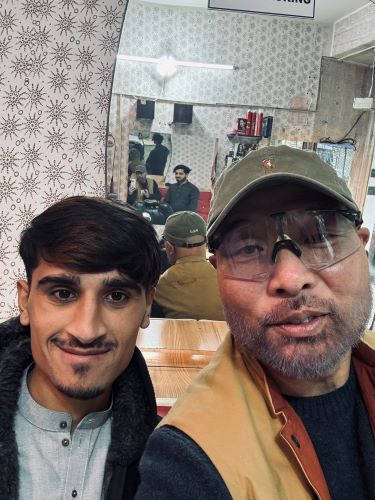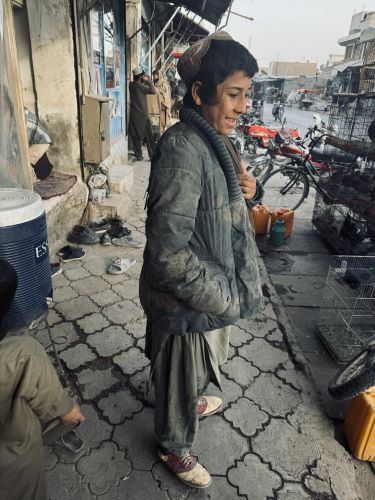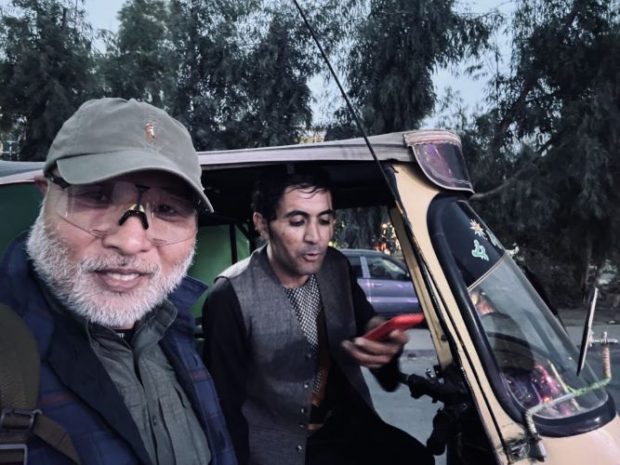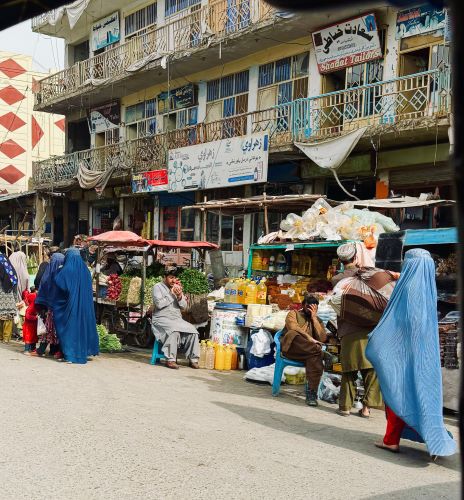
The Taliban, an Islamic extremist armed group, has ruled Afghanistan twice (1996-2001 and 2021-present). The Taliban’s first term in power in Afghanistan was marred by tyranny that suppressed all freedoms. The Taliban, who are entering their second term in power in 2021, say they are different from before, but the West’s gaze towards them is not much different from the past. Which is the real face of the Taliban: what the Taliban say they are or what the West’s observers say about them?
In December 2023, Lee Shin-seok, a reporter specializing in reporting conflict areas for ‘The AsiaN’; who faced Afghanistan under the Taliban with his body and mind, tells the story of the Taliban and Afghanistan as they are. -editor
By By Lee Shin-seok
KABUL: Since the Taliban have come back to power, they have closed down beauty salons for women across Afghanistan. However, in contrast to this, I heard that men-only hair salons are thriving in Afghanistan and there are many men who use makeup. To confirm the truth, I visited a beauty salon in downtown Kabul.
Of course, the designer of the shop I visited was a man, and the shop only accepted male customers. I only tried to trim my beard, but I walked out of the hair salon with not only my beard but also my skin painted black to further emphasize my masculinity.
It is said that in Afghanistan, it is common for adult men to visit men-only hair salons to trim their beards. Among them, there were several people who decorated their faces by applying foundation and adding color makeup on top of it. Some even painted their eyes with eyeliner and even resorted to Smokey makeup.

A man putting on makeup was a fairly common sight in Afghanistan. Even among Taliban members wearing uniforms or traditional clothing, I have often seen faces with dark, Smokey makeup. It was a far cry from the rough faces of Taliban members seen through foreign media reports.
The cosmetic (makeup) culture practiced by Afghan men, mainly Pashtuns, has a long history. According to historical records, about 3,500 BC, young boys and adult men in ancient Egypt wore makeup to ward off evil spirits. This custom spread to Africa and South Asia.

As civilization moved into a highly developed modern society, men’s makeup culture gradually disappeared. Nevertheless, men who wear makeup still exist in some remote areas of Africa and Asia, and in fact, I have met men who wear makeup in South Asian regions such as India, Nepal, and Pakistan.
If the ancient cremation culture is seen as a ritual to drive away bad luck and encourage courage before going to battle, wouldn’t the past custom have naturally become common in Afghanistan and the Taliban, which have experienced a long war?

Local Islamic culture has a very conservative view of women. A Muslim woman covers her face or entire body with cloth to hide her appearance. The men who deal with them are equally burdensome. In Afghanistan alone, men were repeatedly seen turning their faces to avoid eye contact with women wearing burkas.
Considering religious and cultural characteristics, the Taliban may have its own reasons for closing women-only beauty salons. However, I felt quite a bit of contradiction when I saw men walking around with their faces decorated while the doors to men-only hair salons were wide open. The two faces of the Taliban were literally revealed.
* Lee Shin-seok is a conflict zone reporter. He authored the Journey through The Wrong Side of the Tracks



